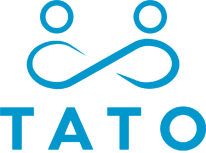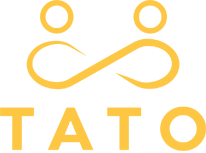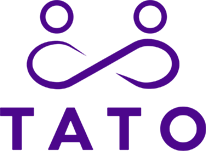
Transactional Analysis (TA) is a theory of personality and personal growth and change. TA was founded by Eric Berne in the 1950s and 1960s.
TA is used widely in psychotherapy, counselling, education and organisational development and offers a range of models that can be used to explain communication and relationships and personality. These models can help identify what goes wrong in communication and how to interact for a better outcome.
Our repetitive patterns of behaviour affect both ourselves and those around us and are the result of early childhood decisions which in TA are referred to as ‘script’. These script decisions can limit our potential. An example of script can be things like ‘I don’t like change’ or ‘I’m not accepted’. TA focuses on how script manifests itself in day-to-day life and how we can move beyond it to improve the quality of our lives.
TA can be used with individuals, couples, groups and organisations. Unique in the depth of its theory, this process allows for the individuality of both therapist and client.
TA is also beneficial in settings such as organisational training and consultancy, parenting, education, personal development and coaching. Many TA concepts are simple to learn and apply, making them very accessible and effective.
TA assumptions and principles
TA rests upon certain philosophical assumptions. These are statements about people, life and the possibility of change. They are:
- People are OK
- Everyone has the capacity to think
- People decide their own destiny, and these decisions can be changed
From these assumptions there follow two basic principles of TA practice:
- It is a contractual method – all parties agreeing to the contract – whatever that may be for a given issue or situation since parties are jointly responsible for the outcome
- It involves open communication
For more information on Transactional Analysis you can visit the UKATA website (UK Association for TA). You could take a look at Ian Stewart & Vann Joines book TA Today.




